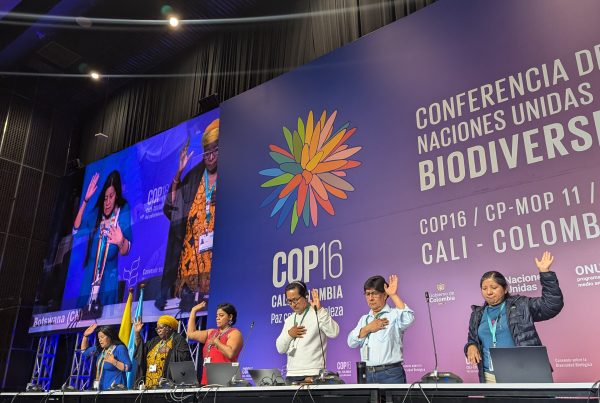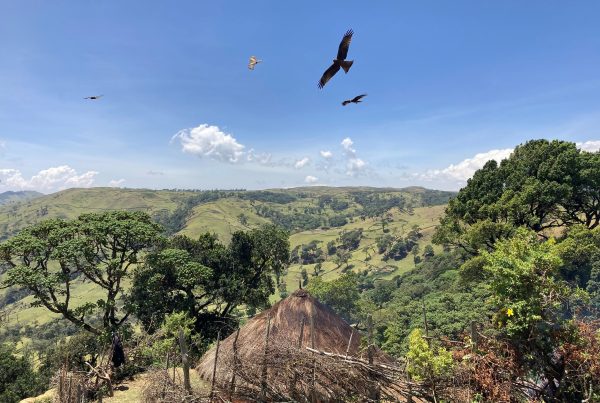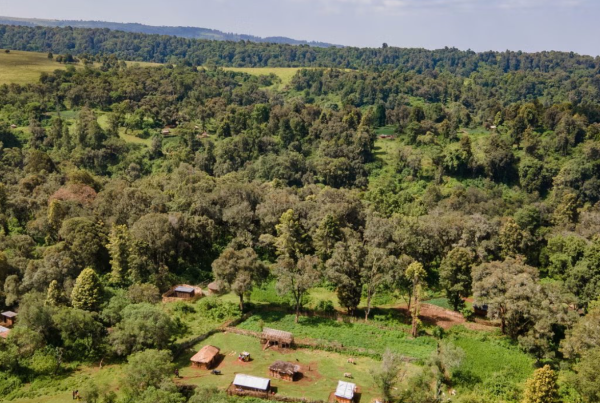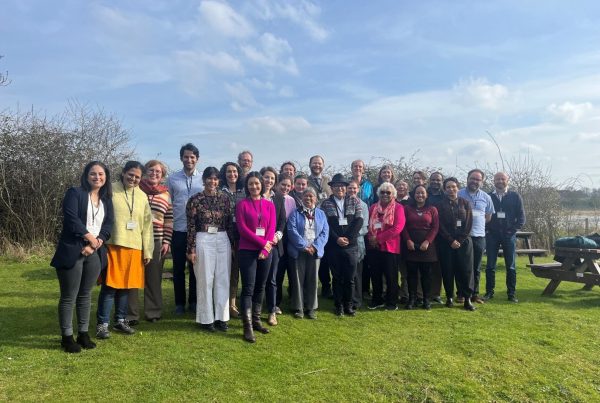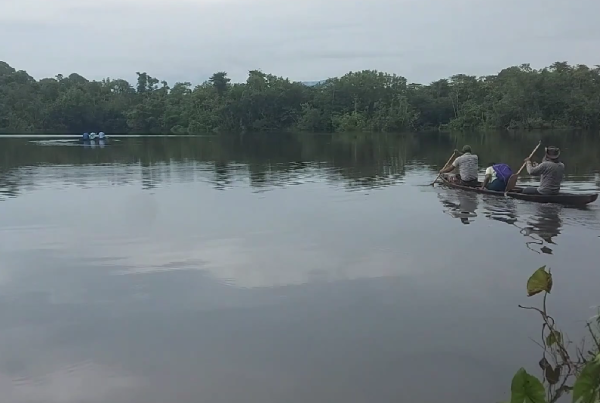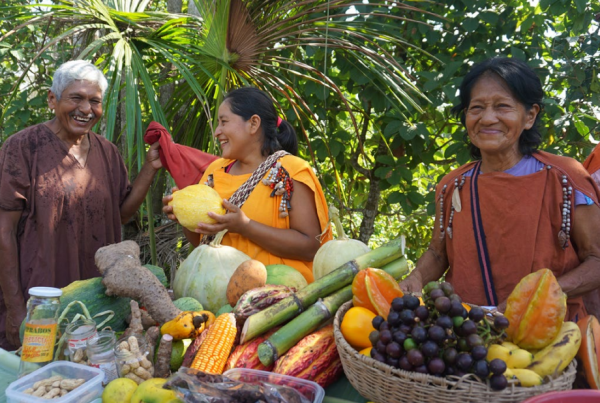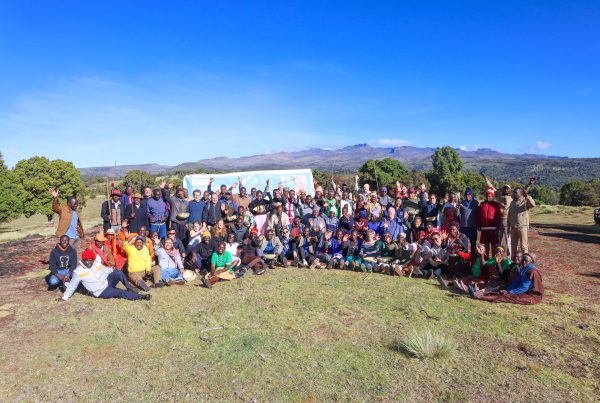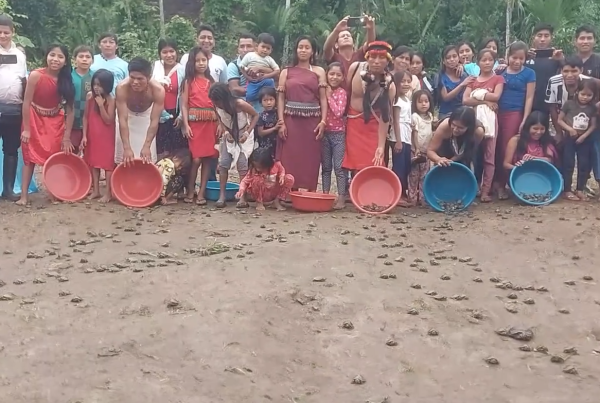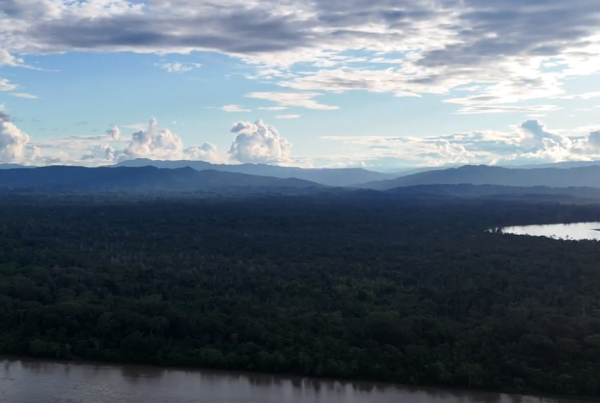
Constructing Autonomy – Stories of Indigenous Governance in Peru
A video about indigenous autonomous governance in Peru, looking in detail at the Wampis and Awajun Autonomous Territorial Governments. Many indigenous peoples in the Americas are implementing their own governance systems. Among them are the Wampis and Awajún, who control and manage large territories in…
